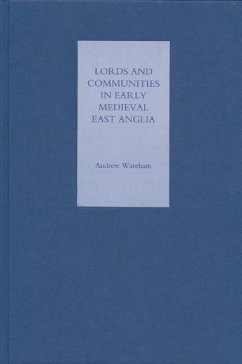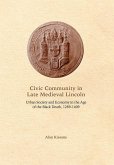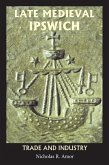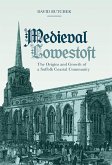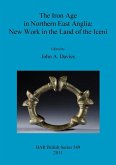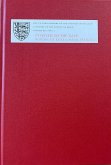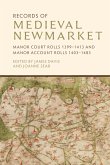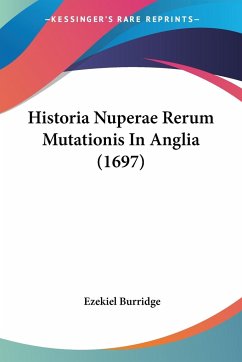The period between the late tenth and late twelfth centuries saw many changes in the structure and composition of the European and English aristocracy. One of the most important is the growth in local power bases and patrimonies at the expense of wider property and kinship ties. In this volume, the author uses the organisation of aristocracy in East Anglia as a case-study to explore the issue as a whole, considering the extent to which local families adopted national and European values, and investigating the role of local circumstances in the formulation of regional patterns and frameworks. The book is interdisciplinary in approach, using anthropological, economic and prosopographical research to analyse themes such as marriage and kinship, social mobility, relations between secular and ecclesiastical lords, ethnic groups, and patterns of economic growth amongst social groupings; there is a particular focus too on how different landscapes - fenland, upland, coastal and urban - affected the pattern of aristocratic experience. Dr ANDREW WAREHAM is a Research Associate at the Centre for Computing in the Humanities at King's College London.
Bitte wählen Sie Ihr Anliegen aus.
Rechnungen
Retourenschein anfordern
Bestellstatus
Storno

